Commentary for Lorsch Riddle 3
NEVILLEMOGFORD
Date: Mon 07 Jun 2021Matching Riddle: Lorsch Riddle 3
This cirrus-ly great riddle will have you on cloud nine, because it is bursting with great material.
Now that I have got the burning urge to pun out of my system, we can turn to the riddle itself! The last riddle was all about one wandering thing—the mind. This one is about another—a cloud. Just like last time, this riddle depends on the paradox of a thing that is both free and bound or imprisoned—this is a recurrent theme in Lorsch. On the one hand, the cloud is free to wander, lonely as a…erm, cloud. On the other, its movements are governed entirely by the winds.
Clouds were common topics for medieval riddlers. The seventh century churchman and poet, Aldhelm, wrote a riddle (No. 3) on the subject—it depicts the cloud as a sad exile who weeps rain across the world. He also mentions clouds in several other riddles. And the Bern riddles include at least one riddle—and possibly two—on the subject.

”Cumulus clouds. Photo (by Joaquim Alves Gaspar) from Wikimedia Commons (licence: CC BY-SA 3.0)”
The riddle begins with the image of the evaporating water rising from the ocean to form clouds. The unusual verb velivolare (“to fly or sail speedily”) and the mention of the golden stars all contribute to a rather picturesque and ethereal image—in my mind’s eye, I see it as an ethereal scene from a Studio Ghibli film. The inclusion of the stars in this poetic landscape also helps to create a larger ecosystem of the heavens as a whole.
Eagle-eyed members of #LatinGrammarFanclub will have noticed that line 1 of my edition is slightly different to Glorie’s edition. He emended the manuscript aera (“air, the lower atmosphere”) to aethra (“the heavens, the upper atmosphere”), but there was no need, since aera is a regular accusative form of aer.
The freedom of the clouds to sail around the sky is rudely “checked” (vincere) in line three by the horrifera ventorum mole (“terrible power of the winds”). In an effort to escape this, the water escapes to sicca… terrarum terga (“the dry surface of the earth”). The word resolvens (“releasing, unbinding, resolving”) describes how the rain frees itself from the wind’s power as rain, but it also plays on the idea of solving and resolving riddles. The words solvere and resolvere occur frequently in medieval riddles—they operate as a kind of meta-vocabulary, linking the actions described in the riddle to the way that a riddle is read. For some other examples of this, see my commentaries on Bern Riddles 3 and 40.
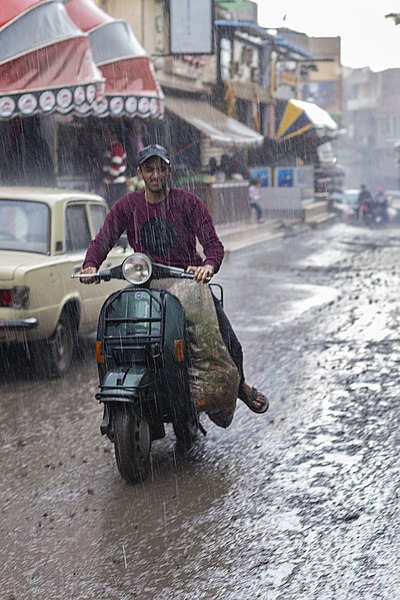
”Rain! Photo (by Mohamed Hozyen) from Wikimedia Commons (licence: CC BY-SA 4.0)”
In line 6, the phrase ast tamen (“yet, nevertheless”) signals a change of focus from the natural to the human. The riddle explains that the raincloud is useful for humans, since it provides the waters required for populis spissam... messem (“a fat harvest for the people”). This reminds me of the rather excellent Bern Riddle 49, which describes humans’ contradictory feelings about rain.
Although it is perfectly acceptable to give this riddle the solution “cloud,” it is a miniature panorama of the water cycle. It depicts this using the established riddle tropes of freedom and restraint. Perhaps it is not the most unconventional riddle, but it is still enough to brighten up a rainy day.
Related Posts:
Exeter Riddle 39
Bern Riddle 3: De sale
Bern Riddle 40: De muscipula
Bern Riddle 55: De sole
Bern Riddle 60: De caelo
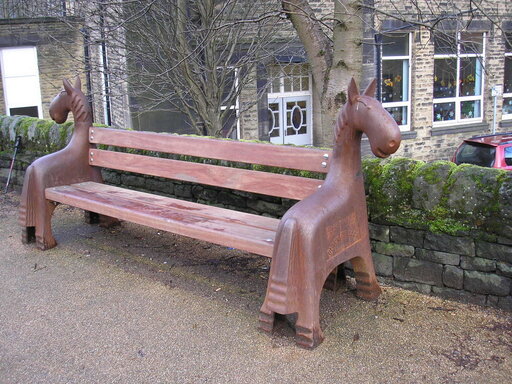
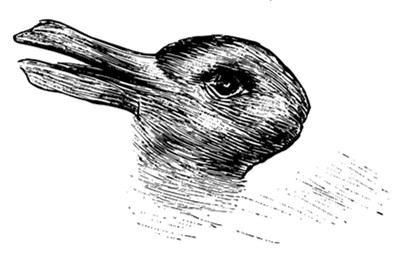

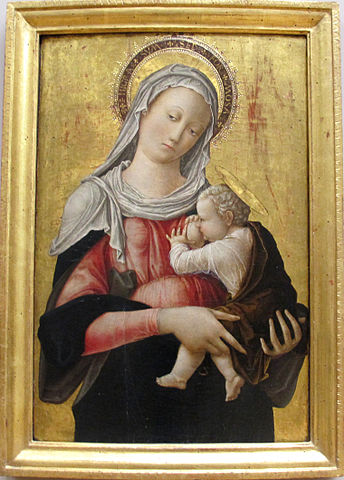
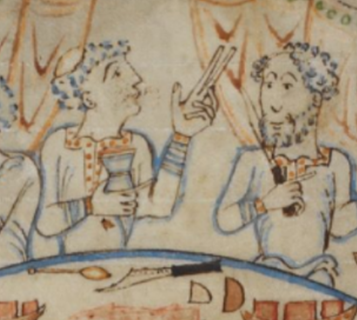
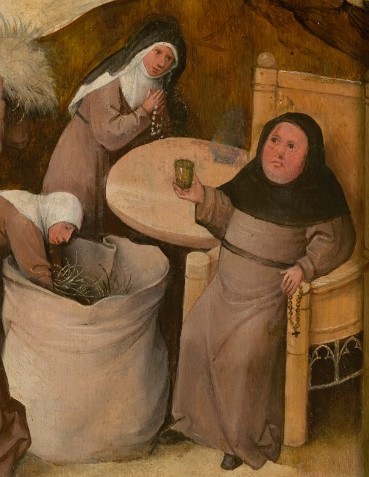
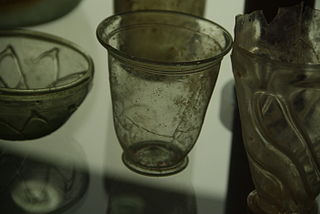
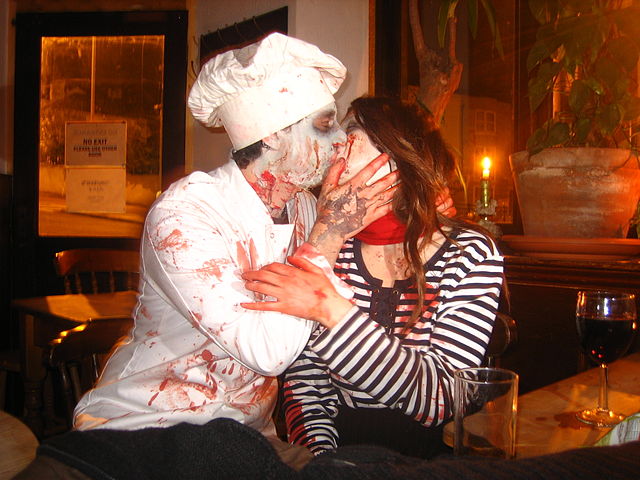
Commentary for Bern Riddle 3: De sale
NEVILLEMOGFORD
Date: Fri 18 Dec 2020Matching Riddle: Bern Riddle 3: De sale
For this riddle, we turn to sodium chloride—or plain ol’ salt.
For the third riddle in a row, we are asked to work out who the father and the mother are in the opening lines. The father is probably the sun, who heats up the sea water, leaving a residue of salt. The mother is the sea water (aqua marina), who ‘gives away’ salt-marks with the ebbing tide. Thus, salt is the child of a curious marriage between two opposing elements—fire and water. The riddler may have also had an etymological connection in mind—according to Isidore, some people thought that sal (‘salt’) was derived from salum (“ocean”) and sol (“sun”) (Isidore, Etymologies, page 318).
Lines 3 and 4 play upon the dissolving and precipitating of salt in water—the Latin words used are solvere (‘to loosen’) and constingere (‘to tie up’) from which we get the modern words ‘solution’ and ‘constrict.’ The processes of binding and unbinding are often used in riddle descriptions, probably because they can also describe the process of composing (“binding”) and solving (“unbinding”) riddles. For example, the mousetrap in Bern Riddle 40 is described as soluta (“unbound”) when it is not set to catch mice.
Lines 5 and 6 focus on the usefulness of salt for humans. Salt was used extensively as a flavouring and as a food preservative for food during the Middle Ages. Cheeses, meats, fish, and many vegetables could all be salted and then stored for several weeks or even months. In a world without fridges, this made salt an indispensable resource for many communities, and so the salt industry and trade were extremely important. So much so, in fact, that this riddle tells us that a country cannot flourish without it. Salt was also used to prevent cadavers from swelling—and this explains the reference to the deceased in line 5.
This is certainly not the most original or inventive riddle in the Bern collection—it is not as playfully metaphorical or outlandishly weird as some of the others. But it does tell us a lot about the importance of salt in early medieval Europe. It also still manages to disguise its subject in some very creative ways… and no riddle worth its salt would do otherwise.
References and Suggested Reading:
Isidore of Seville. The Etymologies of Isidore of Seville. Edited by Stephen A. Barney, W. J. Lewis, J. A. Beach and Oliver Berghof. Cambridge: Cambridge University Press, 2006.
Winferfeld, Paul. “Observationes criticalae.” Philologus vol. 53 (1899), pages 289-95.
Tags: latin Bern Riddles
Related Posts:
Bern Riddle 40: De muscipula